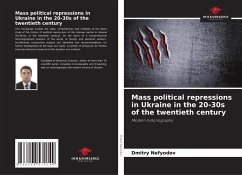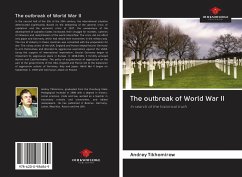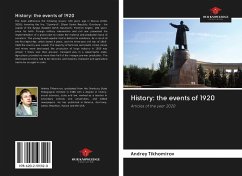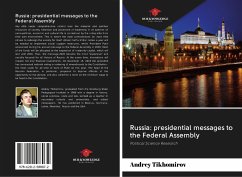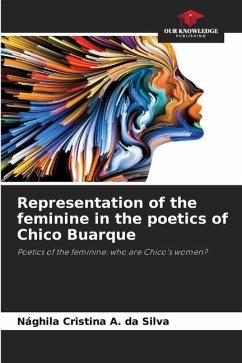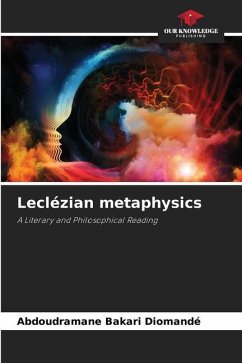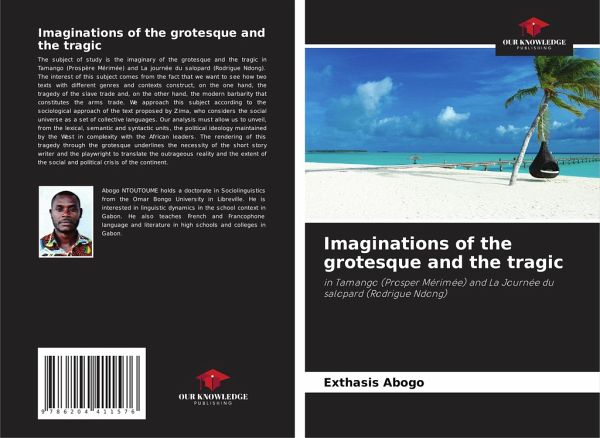
Imaginations of the grotesque and the tragic
in Tamango (Prosper Mérimée) and La Journée du salopard (Rodrigue Ndong)
Versandkostenfrei!
Versandfertig in 6-10 Tagen
36,99 €
inkl. MwSt.

PAYBACK Punkte
18 °P sammeln!
The subject of study is the imaginary of the grotesque and the tragic in Tamango (Prospère Mérimée) and La journée du salopard (Rodrigue Ndong). The interest of this subject comes from the fact that we want to see how two texts with different genres and contexts construct, on the one hand, the tragedy of the slave trade and, on the other hand, the modern barbarity that constitutes the arms trade. We approach this subject according to the sociological approach of the text proposed by Zima, who considers the social universe as a set of collective languages. Our analysis must allow us to unve...
The subject of study is the imaginary of the grotesque and the tragic in Tamango (Prospère Mérimée) and La journée du salopard (Rodrigue Ndong). The interest of this subject comes from the fact that we want to see how two texts with different genres and contexts construct, on the one hand, the tragedy of the slave trade and, on the other hand, the modern barbarity that constitutes the arms trade. We approach this subject according to the sociological approach of the text proposed by Zima, who considers the social universe as a set of collective languages. Our analysis must allow us to unveil, from the lexical, semantic and syntactic units, the political ideology maintained by the West in complexity with the African leaders. The rendering of this tragedy through the grotesque underlines the necessity of the short story writer and the playwright to translate the outrageous reality and the extent of the social and political crisis of the continent.



